A. Tzitzikostas: Investments in infrastructure are essential

The Commissioner for Sustainable Transport and Tourism, Apostolos Tzitzikostas, made an official visit to Rome, where he was a speaker in the Italian Senate, before senators and deputies, and also delivered a keynote speech at LUISS University in Rome on the topic of infrastructure in the EU.
Mr. Tzitzikostas also had private discussions with the Minister of Infrastructure and Transport and Deputy Prime Minister of the Italian government, Matteo Salvini, the Minister of Entrepreneurship, Adolfo Urso, and the Mayor of Rome, Roberto Gualtieri.
He also visited the National Control Center of the Italian Railway, where he met with the CEO of Ferrovie dello Stato, Stefano Antonio Donnarumma, as well as the international airport of Rome Fiumicino Leonardo da Vinci, and had a meeting with the heads of Federturismo Confindustria, the National Federation of Travel and Tourism of Italy, and was given a tour of the Colosseum.
In his speech at the Italian Senate, the Commissioner referred to “the entire spectrum of infrastructure,” emphasizing that “the central goal of the European Commission’s initiatives is to make tourism and transport more competitive, resilient, sustainable, smart, and safe.”
The Commissioner presented the initiatives he has undertaken in transport and tourism, as they are “critical sectors for competitiveness in Europe,” as well as “for sustainable and digital transition, in which Italy is a leader.”
He also referred to the new EU strategies, such as the high-speed rail network, which will connect all major urban centers in Europe, the strategy for shipping and ports, which is being prepared, for the industry and specifically the automotive industry, road safety, airports, and air transport, the Trans-European Transport Network, and military mobility, noting “the need for adequate funding from the new European budget and for prioritizing cross-border projects across Europe.”
Mr. Tzitzikostas’s speech at LUISS University focused on the financing of infrastructure and the importance of transport infrastructure, which, as he emphasized, forms the backbone of mobility and connectivity, the single market, cohesion, and competitiveness in Europe.
The challenges, the Commissioner noted, are primarily mobility, connectivity, supply chains, decarbonization, and digitization. And in these challenges, “the EU responds with the Trans-European Transport Network, the completion of which is a central goal.”
“In this effort, the main issues we face are coordination, funding mainly for large-scale infrastructure projects and especially cross-border ones, time-consuming licensing processes, and complex procedures for cross-border project contracts. We are addressing all these issues today with a new directive, which on the one hand will save us time and on the other will lead to optimal resource utilization,” the Commissioner emphasized.
Mr. Tzitzikostas pointed out that the construction, adaptation, modernization, and maintenance of transport infrastructure are costly issues and require large investments. “Here we intervene by utilizing resources from the ‘ESPA for Infrastructure,’ which plays a crucial role, as it is our main tool for investments where EU member states cannot, namely mainly in cross-border connections and addressing congestion points at borders, which are vital for the EU as a whole and the overall Trans-European Transport Network. We are trying to maximize the impact of public resources while simultaneously preparing projects for the next programming period, as we aim to complete the core part of the Trans-European Transport Network by 2030,” the Commissioner emphasized.
Mr. Tzitzikostas also mentioned a number of other funding sources for infrastructure that need to be utilized by member states, such as the Cohesion Fund, the Recovery and Resilience Facility, and Invest EU, which support projects at national, regional, and local levels.
He made a special reference to high-speed railways, military mobility, and the infrastructure that can be built through this, which, beyond their social and economic value, can also be utilized for military purposes.
“Investments in infrastructure are essential for Europe’s strategic autonomy. On July 16, the European Commission will submit its proposal for the next Multiannual Financial Framework. My goal is clear: to ensure predictable, long-term, and adequate funding for transport infrastructure, including military mobility. We need a strong, centrally managed EU funding program to ensure consistency, cross-border implementation, and strategic prioritization. The aim is to make Europe safer and more competitive. To give young people the opportunity to live, work, and travel in a truly united continent. And if we invest wisely and act decisively together, we can build a Europe that moves smartly and sustainably,” Mr. Tzitzikostas emphasized.
In his bilateral meetings with Italian Ministers, the Commissioner exchanged views on matters within his competence, mainly on European strategies for the future of tourism, transport, and infrastructure, while in his meeting with the Mayor of Rome, urban mobility projects and the sustainability of tourism in Europe were discussed, as “Rome is one of the most touristic cities in the world.” (3/7/25)



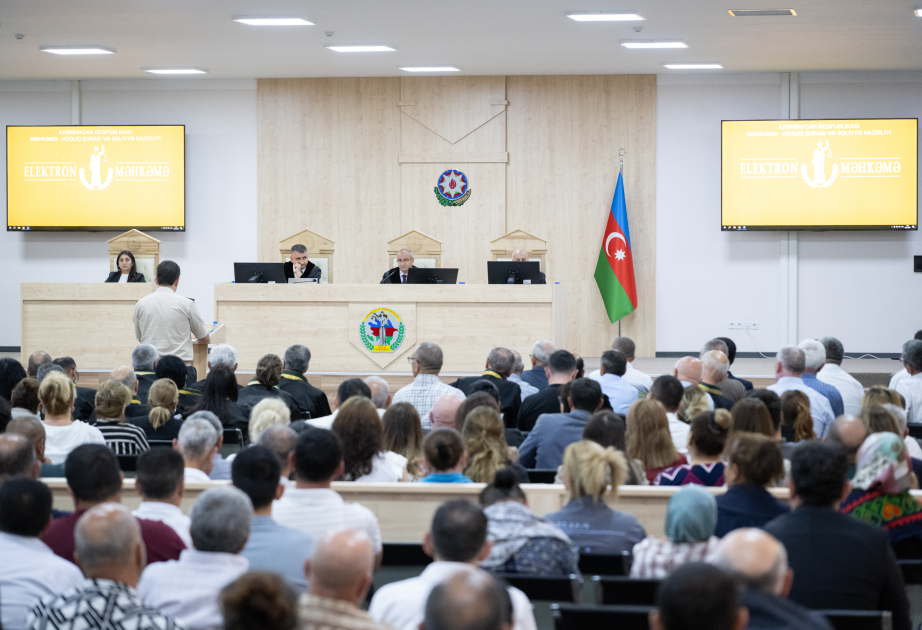

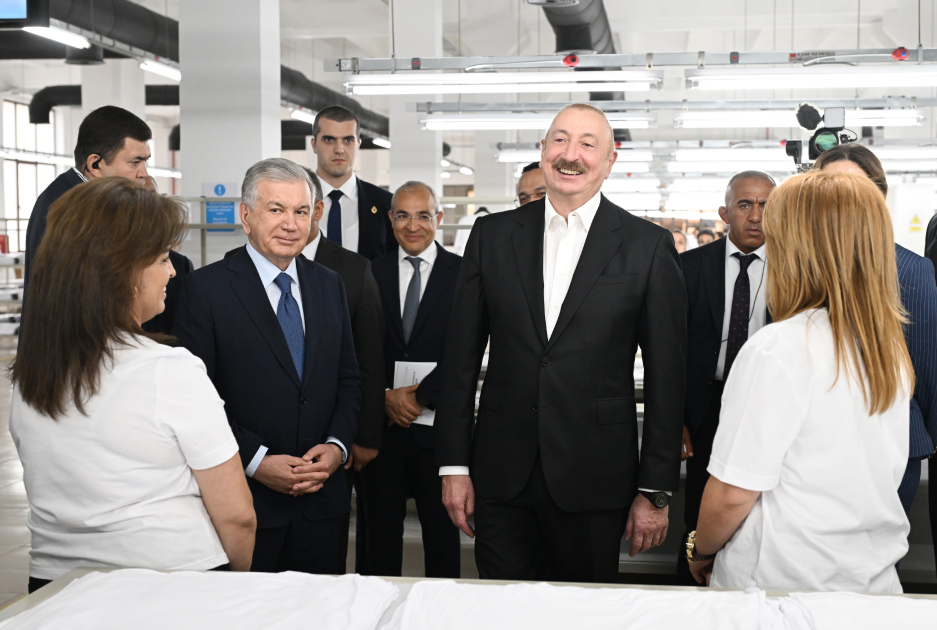
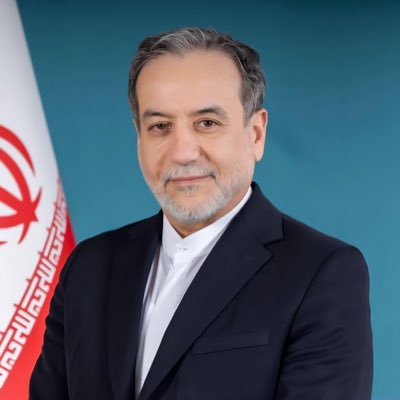





















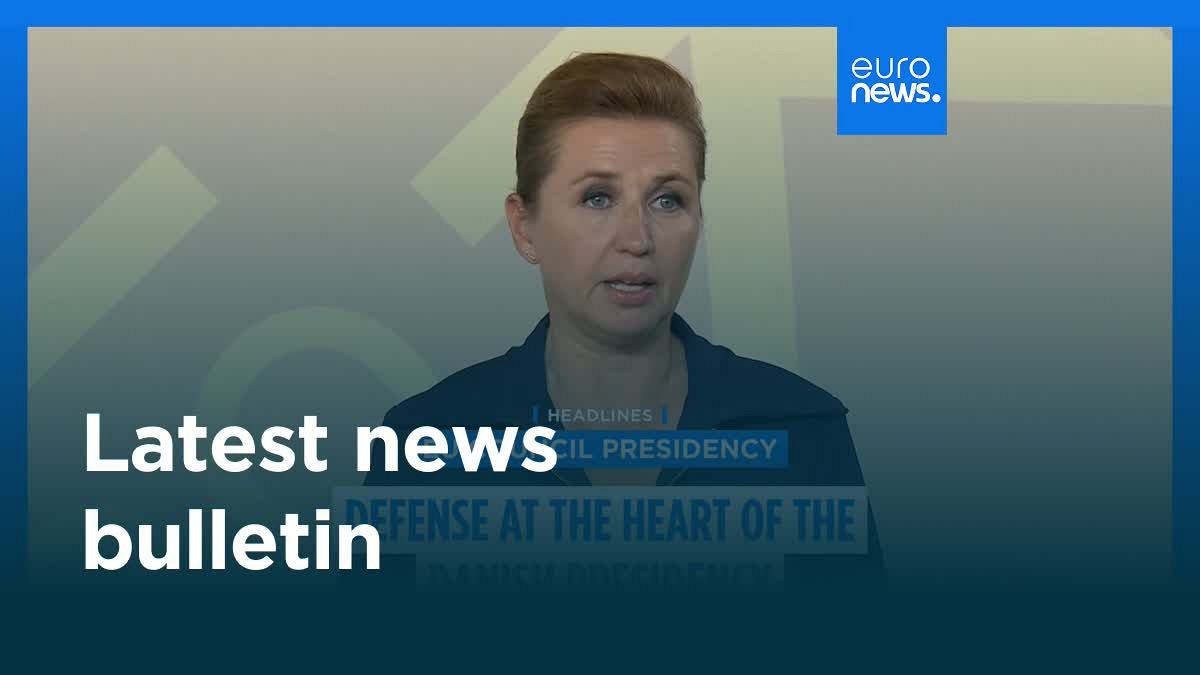
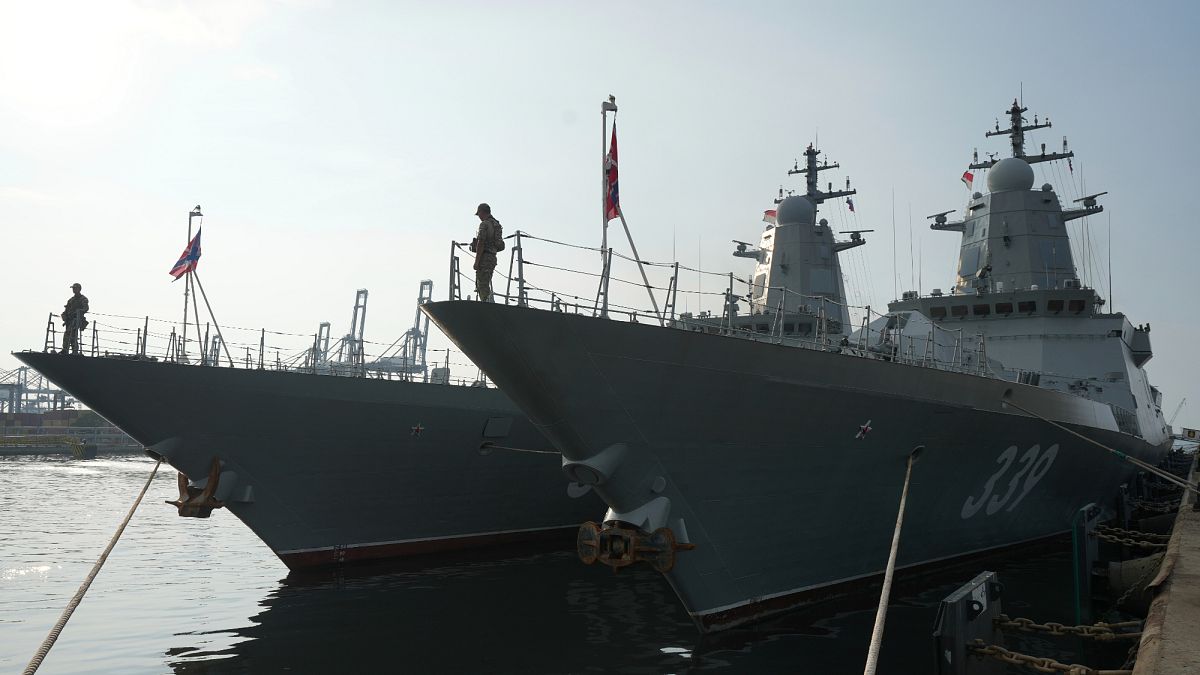
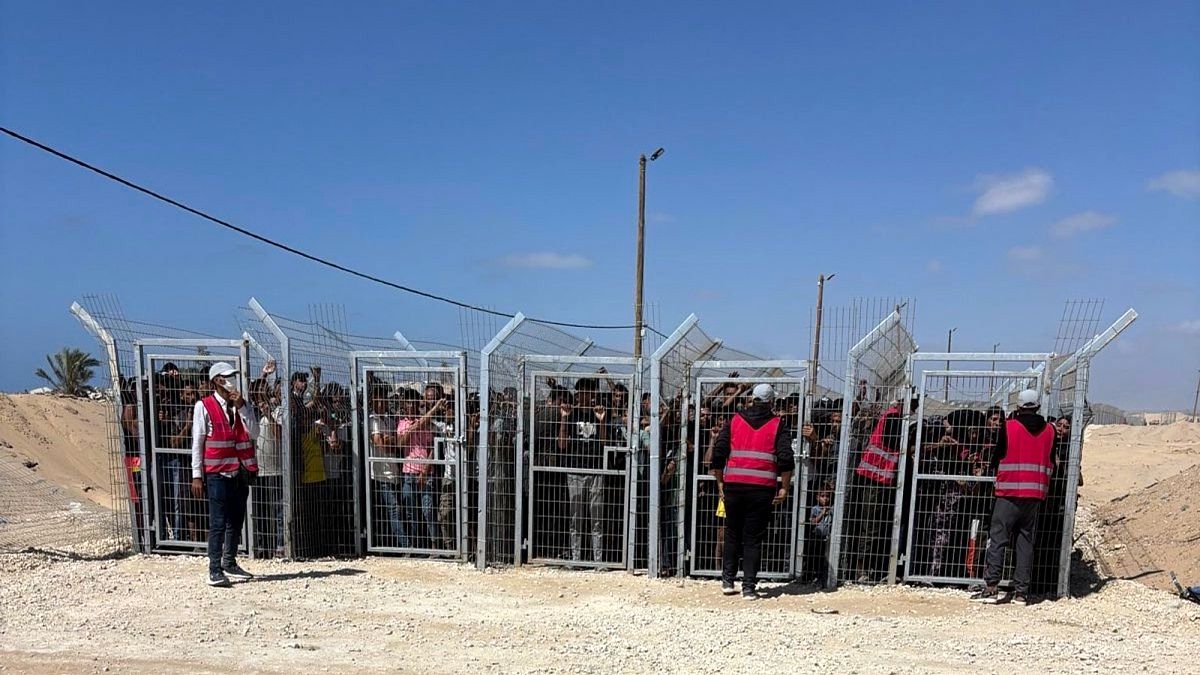





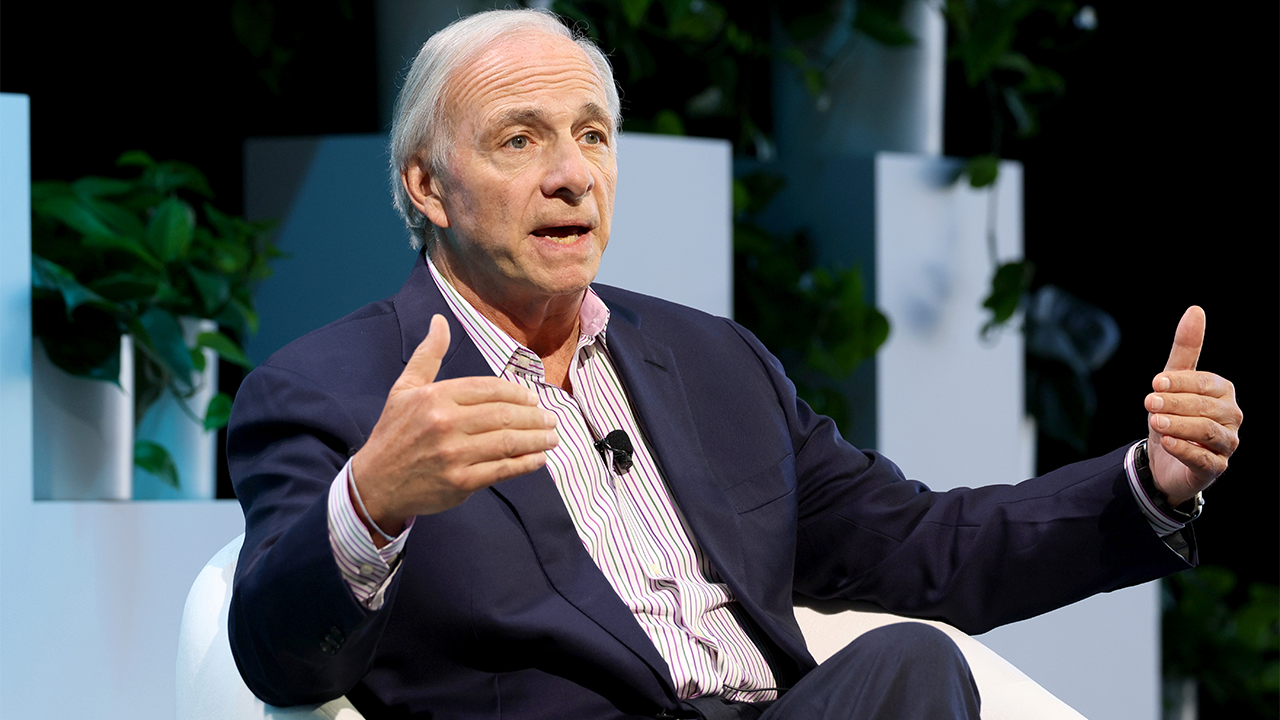



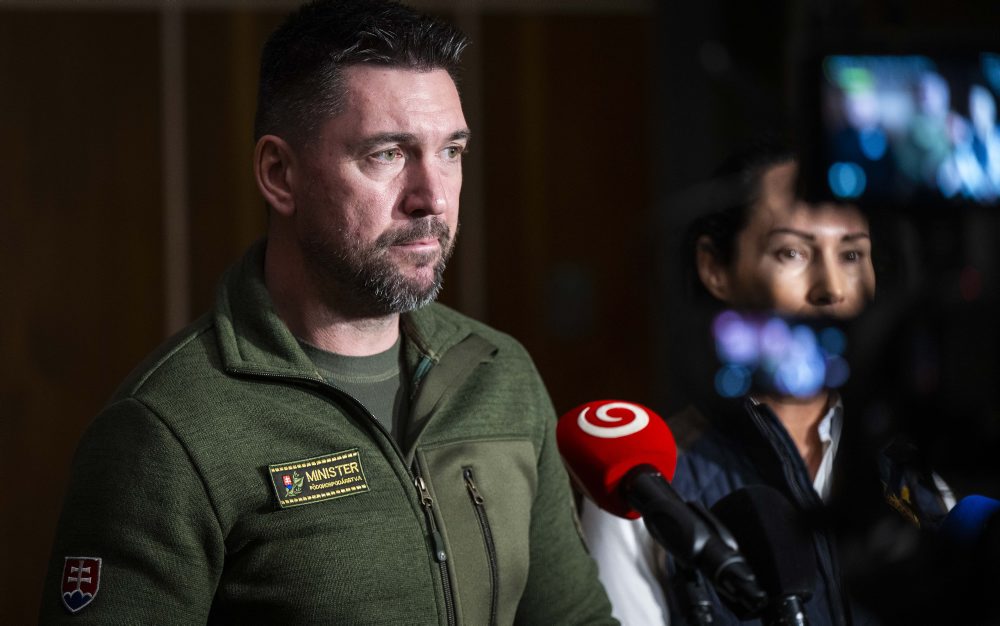
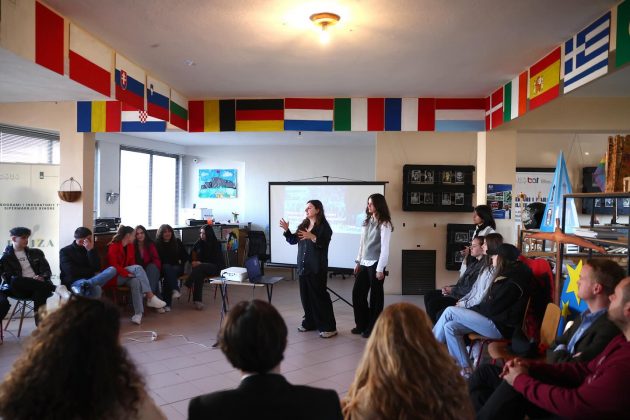


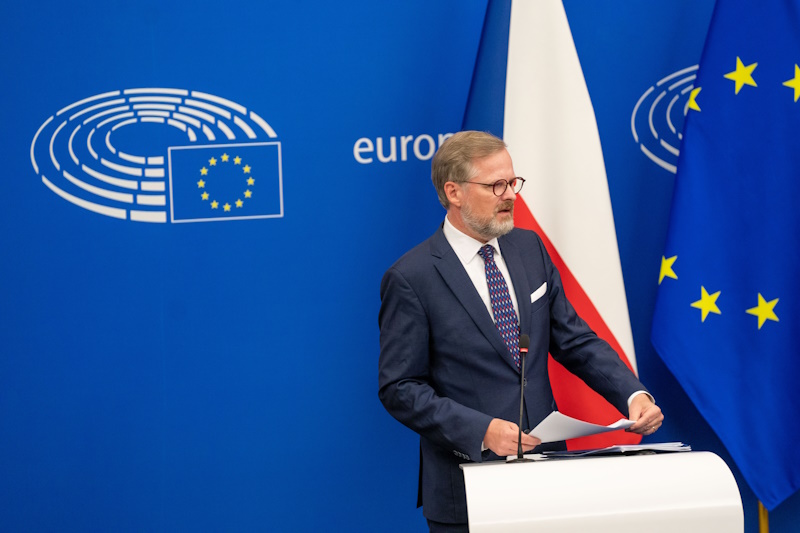



.png?Expires=1838763821&Key-Pair-Id=K2ZIVPTIP2VGHC&Signature=IO0~CT3pU-TcxGc~yoZSmoQx23MZVuK-~4jSii~NKEblRmyO3el7NXPu~Rh1o23voASg7hlcHLw4kvQuDK1jssEhcjoNBBvEpZ~GGOAU6yosBhpHpeF179F~h7i6VxmsBNh9gtTutkoqY73O2YCFey~IAqSzKbBqETP1kP9cAg1916Z1YkJJs-5MliMrkZ5d7-mWGLbpHp2wGj2VlMph8XzYlL4~y1O7fB~JdIS~Rs4RMRs2x0WT1qUIpHAsf3GdwtOyAmKFSpIg8xCyNGZZ5h~13nXlmpd7uPvW8tBfttpG9pFTqcway-uch5WyfHOEfi7UlJCOWrr6fCYY5PMgSg__)







